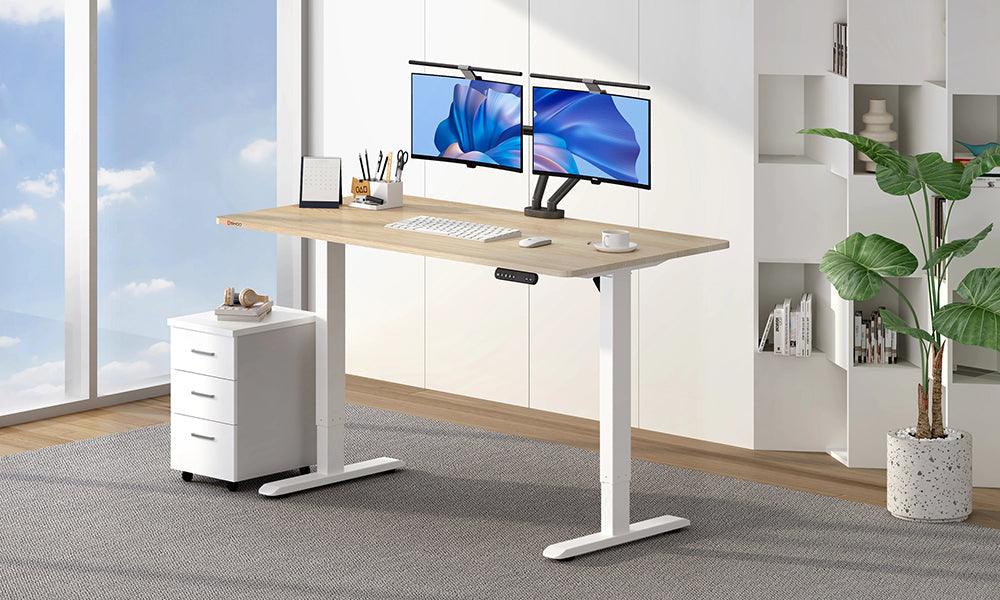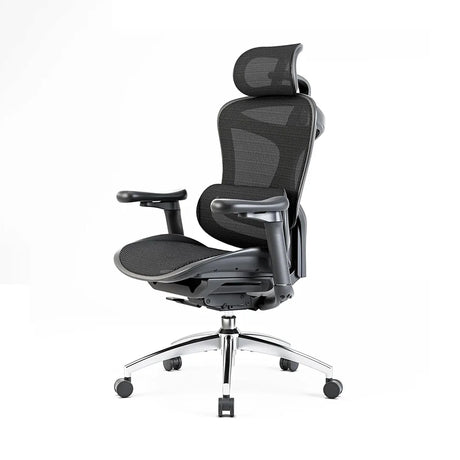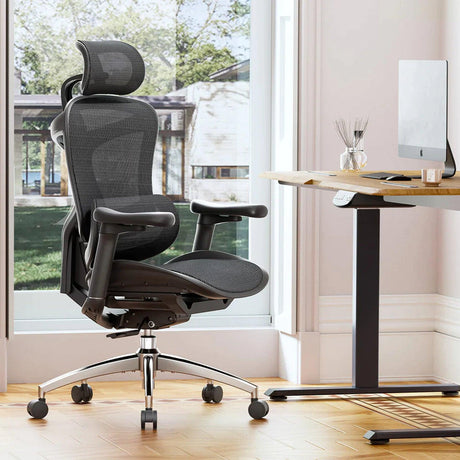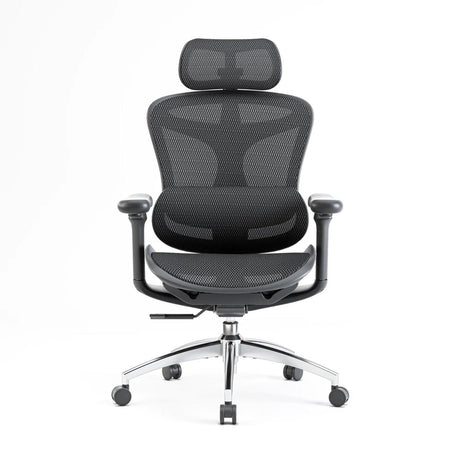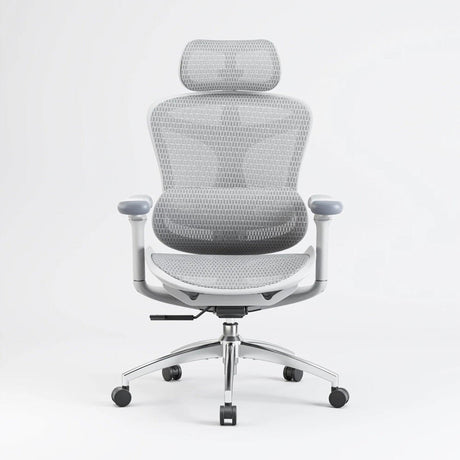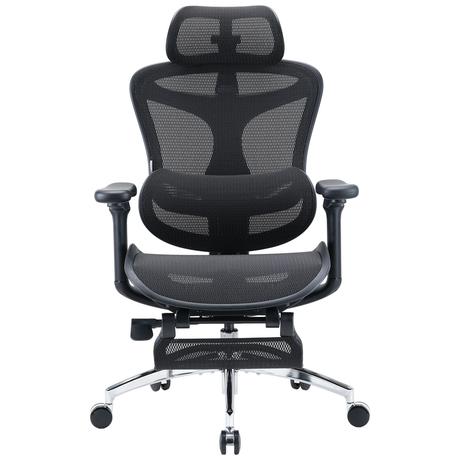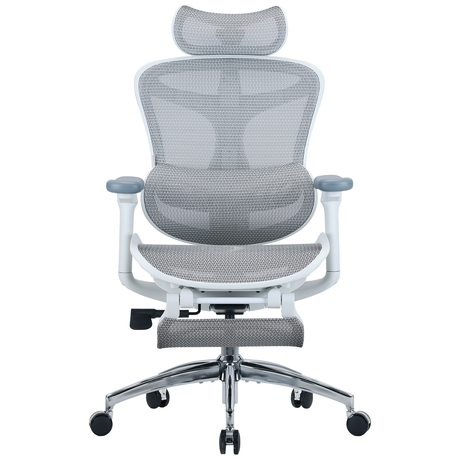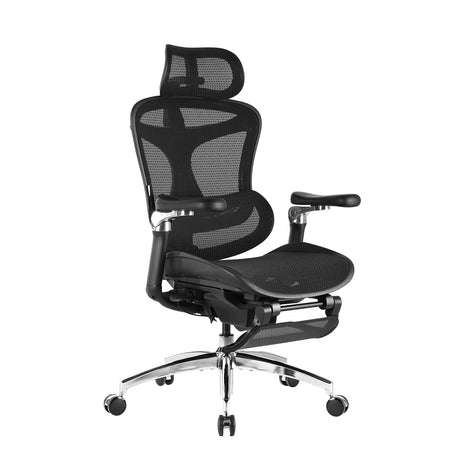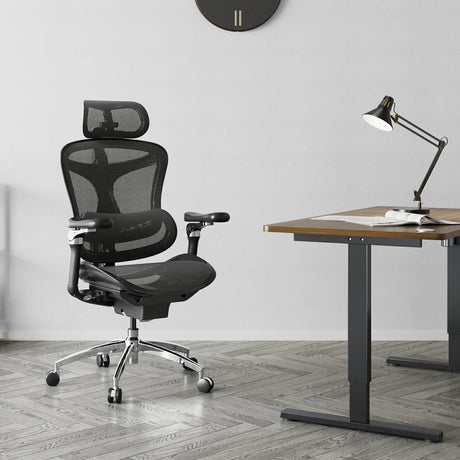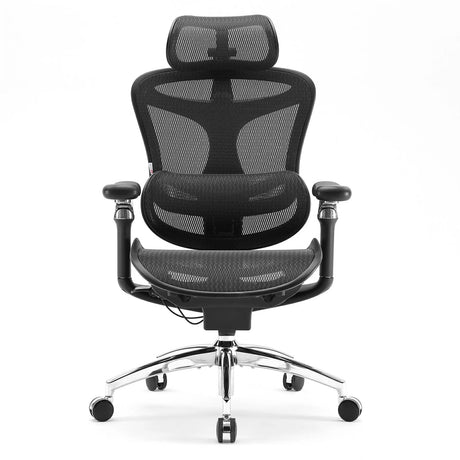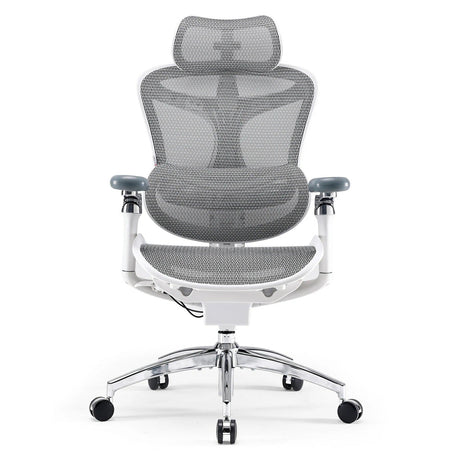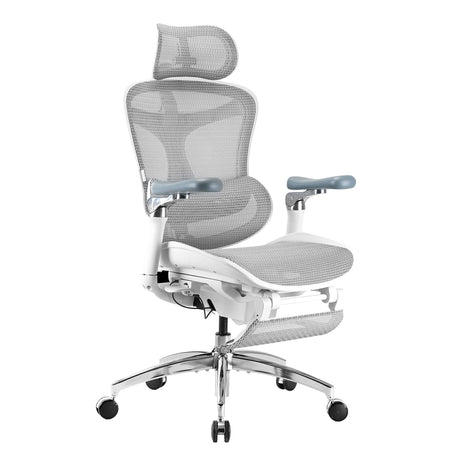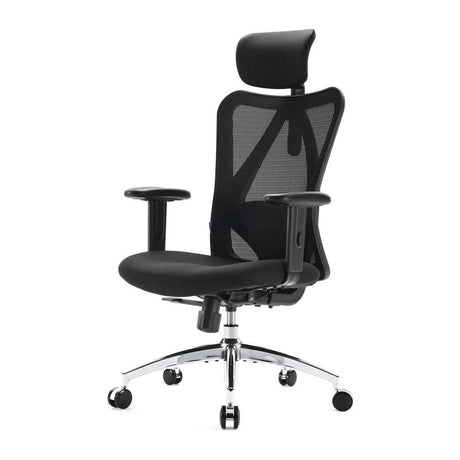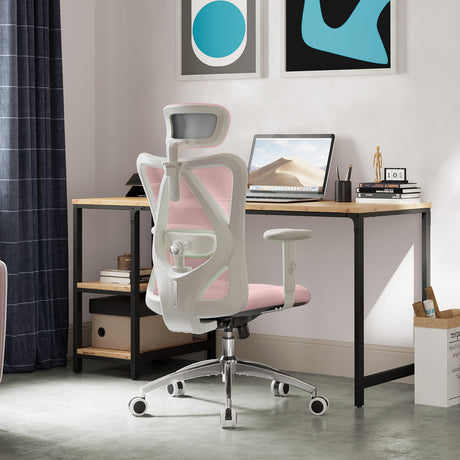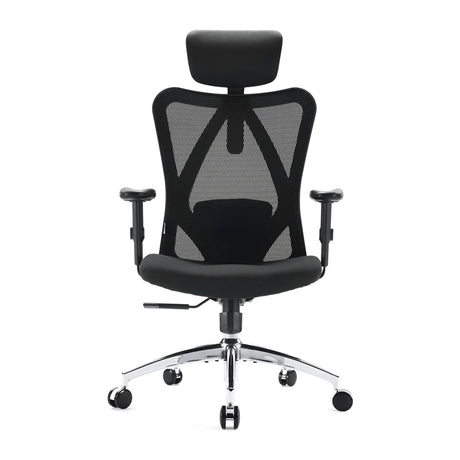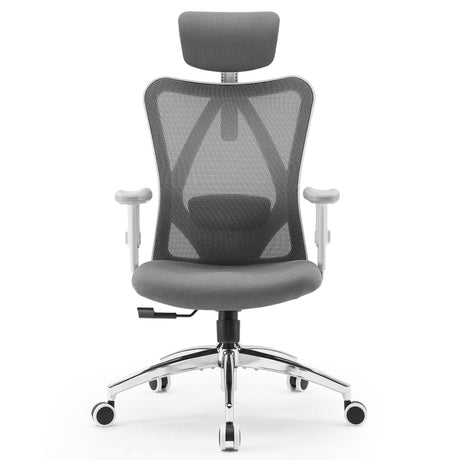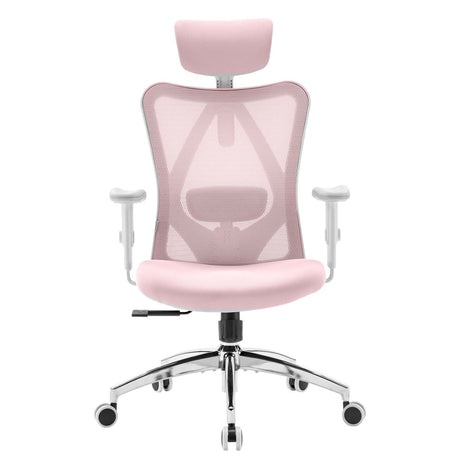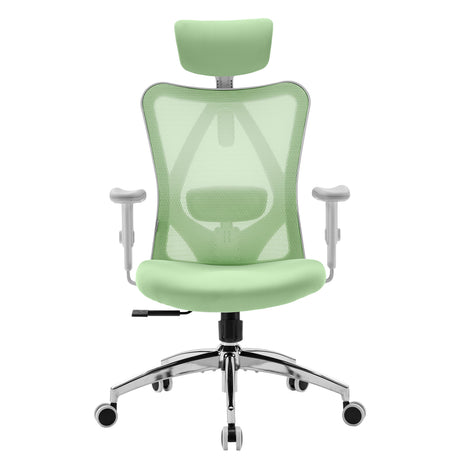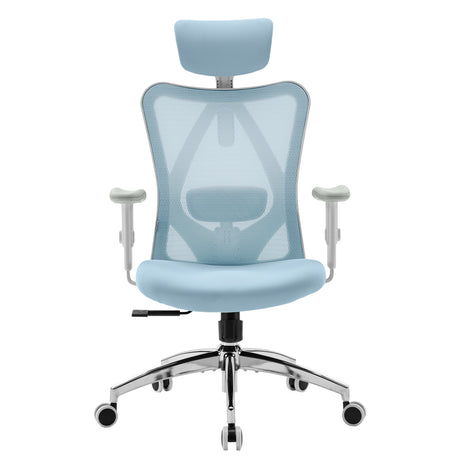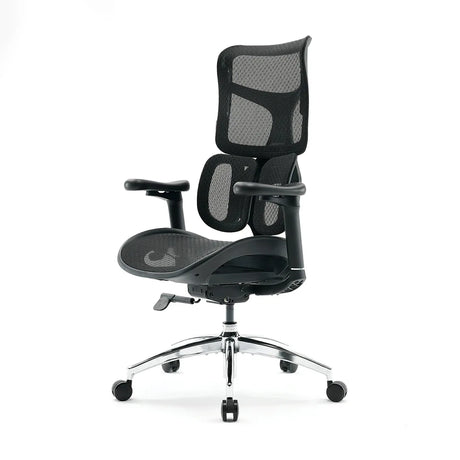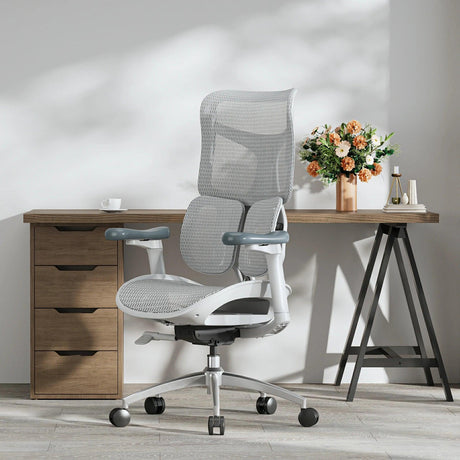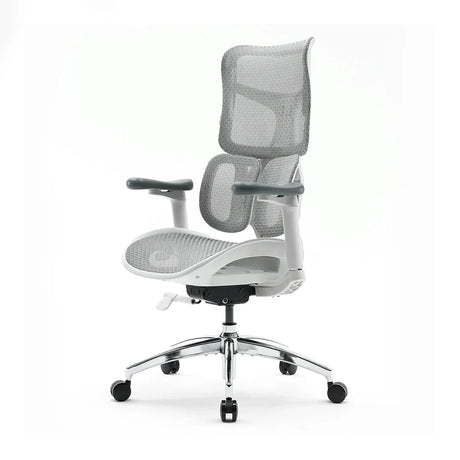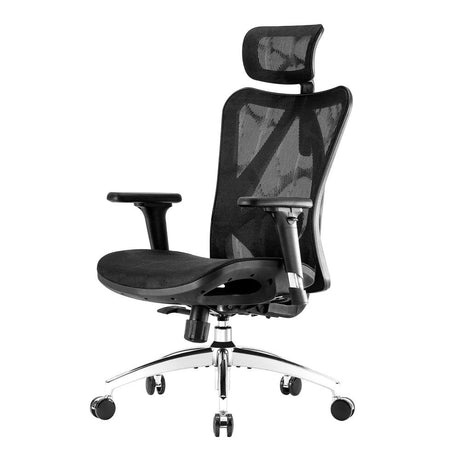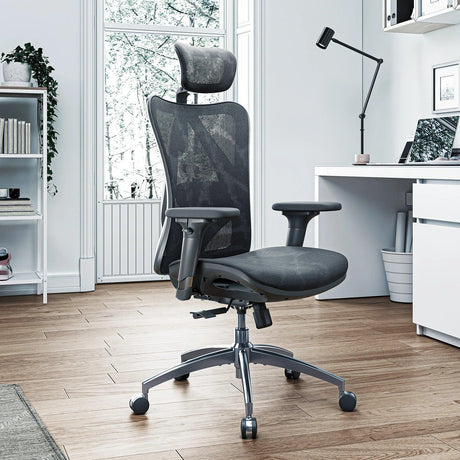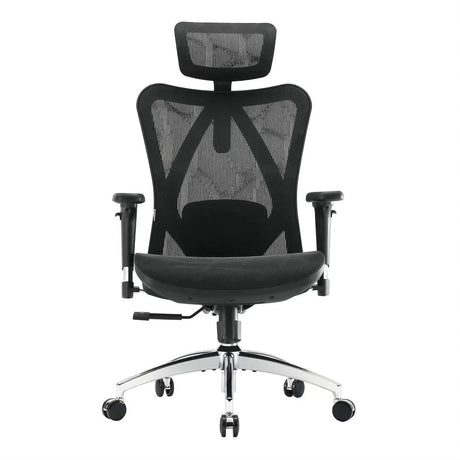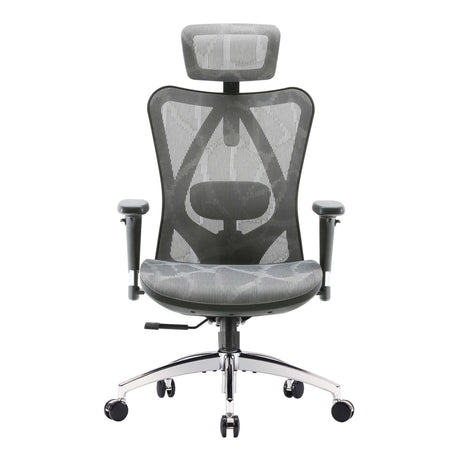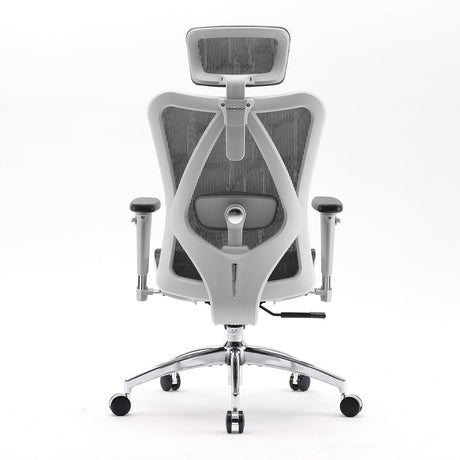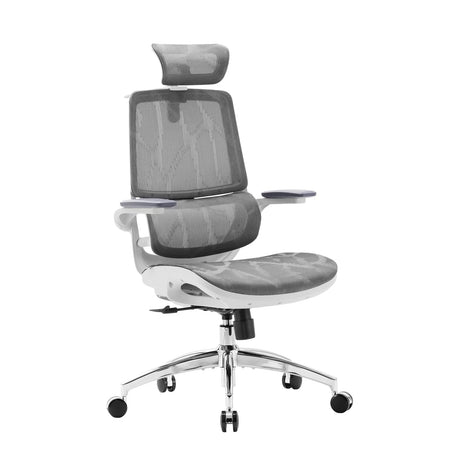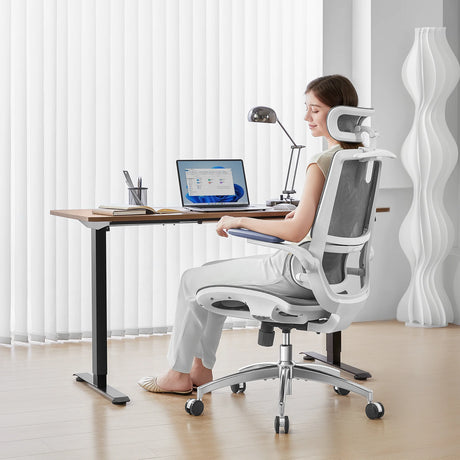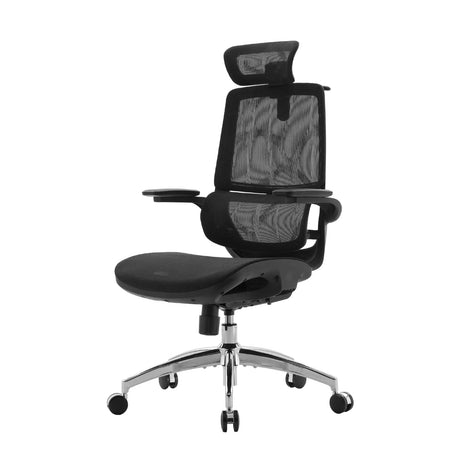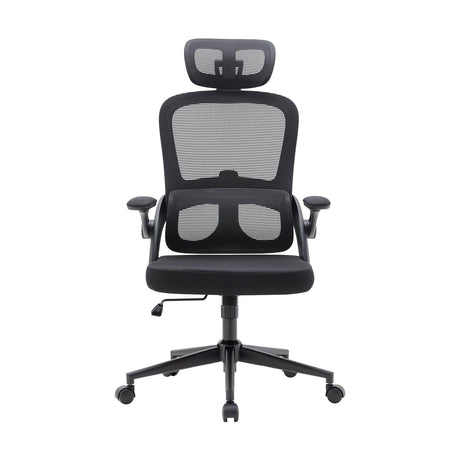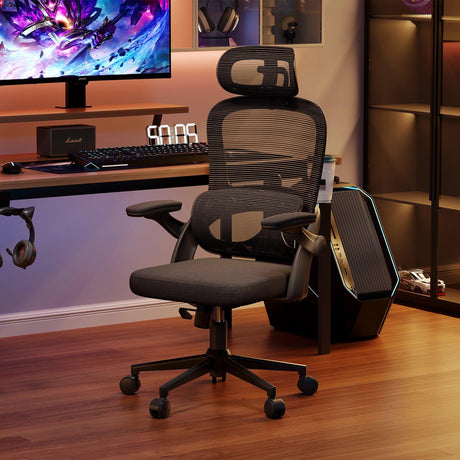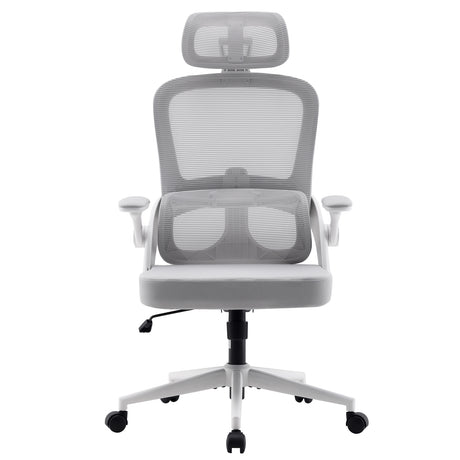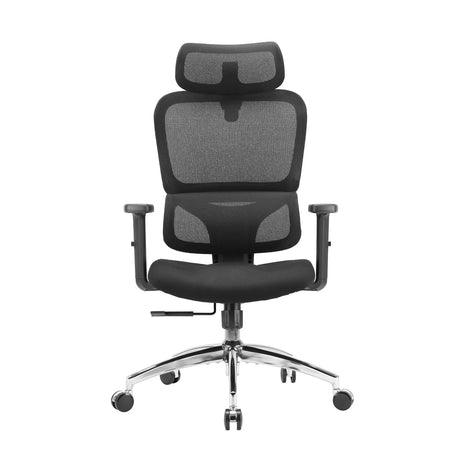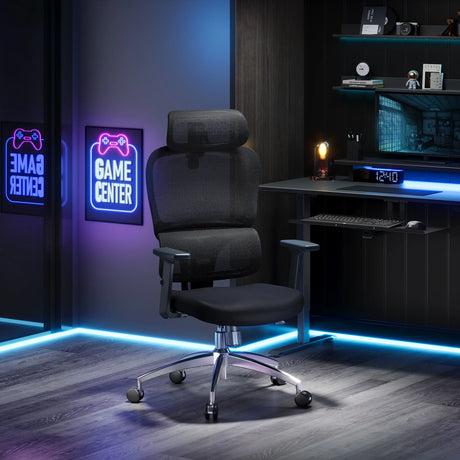The allure of the height-adjustable desk is undeniable. Transitioning from sitting to standing throughout the workday offers a plethora of health benefits, combating back pain, boosting energy levels, and even improving mood. But for many, the initial hurdle isn't the ergonomic appeal, it's the price tag. Compared to a traditional desk, height-adjustable models can feel like a significant investment. So, what exactly justifies the cost? Let's delve into the reasons behind the price of these dynamic desks.
Under the Hood: The Engineering Marvel
At the heart of the cost difference lies the adjustable mechanism itself. Traditional desks are static structures, requiring minimal engineering. Height-adjustable desks, however, are marvels of modern furniture design. There are two main types of adjustment mechanisms:
- Electric Motors: These desks offer the smoothest and most convenient height adjustment. Electric motors seamlessly raise and lower the desk at the touch of a button. This intricate machinery, with its motors, gears, and control panels, adds a significant cost factor.
- Manual Cranks: A more budget-friendly option, manual crank desks require physical effort to adjust the height. While not as effortless as electric models, they provide a more affordable alternative. However, even manual cranks incorporate specialized gears and lifting mechanisms, contributing to the higher price compared to a simple, fixed-height desk.
Material Matters: Building for Strength and Stability
A height-adjustable desk needs to be robust. It's constantly in motion, supporting not just your workstation essentials but also the weight of your body when standing. To ensure stability and durability, manufacturers often use high-quality materials like:
- Solid Wood: A timeless and sturdy choice, solid wood offers exceptional strength and a luxurious aesthetic. However, it comes at a premium cost.
- Steel or Aluminum Frames: These metals provide excellent support and a sleek, modern look. The gauge (thickness) of the metal used also impacts price, with thicker frames offering superior stability and commanding a higher price point.
- Reinforced Composite Materials: Some manufacturers utilize engineered wood products or composite materials for the desktop surface. While these offer a balance of affordability and durability, they may not be as long-lasting as solid wood.
The choice of materials significantly impacts the weight capacity of the desk. Desks designed for heavier loads naturally require sturdier materials, driving up the cost.
Beyond the Basics: Features that Elevate the Price
The core functionality of a height-adjustable standing desk is adjusting its height. However, many manufacturers offer additional features that enhance the user experience but also contribute to the price:
- Memory Settings: Store your preferred sitting and standing heights for a seamless transition at the touch of a button. This requires additional electronic components, adding to the cost.
- Programmable Timers: Set reminders to switch between sitting and standing positions, promoting healthy posture habits. This necessitates more sophisticated control panels.
- Integrated Docks and Charging Stations: Keep your devices powered and organized with built-in charging solutions. These features require additional components and wiring, increasing the price.
Brand Value and Design Aesthetics
Just like any other product category, brand reputation plays a role in pricing. Established brands with a proven track record of quality and customer service may command a premium price compared to lesser-known manufacturers. Additionally, the overall design of the desk can influence cost. Desks with sleek, minimalist designs or unique materials may be more expensive than basic, functional models.
Finding the Right Balance: Cost vs. Value
Height-adjustable desks are an investment in your health and well-being. While the initial cost may seem daunting, consider it a long-term investment that can pay dividends in terms of improved posture, reduced back pain, and increased productivity. Here are some tips to find the right balance between cost and value:
- Identify your Needs: Not everyone needs a top-of-the-line desk with all the bells and whistles. Assess your needs - electric vs. manual adjustment, desired weight capacity, and essential features – before making a purchase.
- Shop Around: Compare prices from different manufacturers and retailers. Consider both online and brick-and-mortar stores to find the best deals.
- Look for Sales and Warranties: Many manufacturers offer sales or discounts throughout the year. Additionally, a longer warranty period signifies confidence in the product's quality and durability.
The Final Word
Height-adjustable desks are a valuable addition to any workspace, but the price tag can be a barrier. Understanding the reasons behind the cost – from the intricate mechanisms to the premium materials and additional features – can help you make an informed decision. By prioritizing your needs and shopping around, you can find a height-adjustable desk that fits your budget and sets you up for a healthier, more productive workday.
